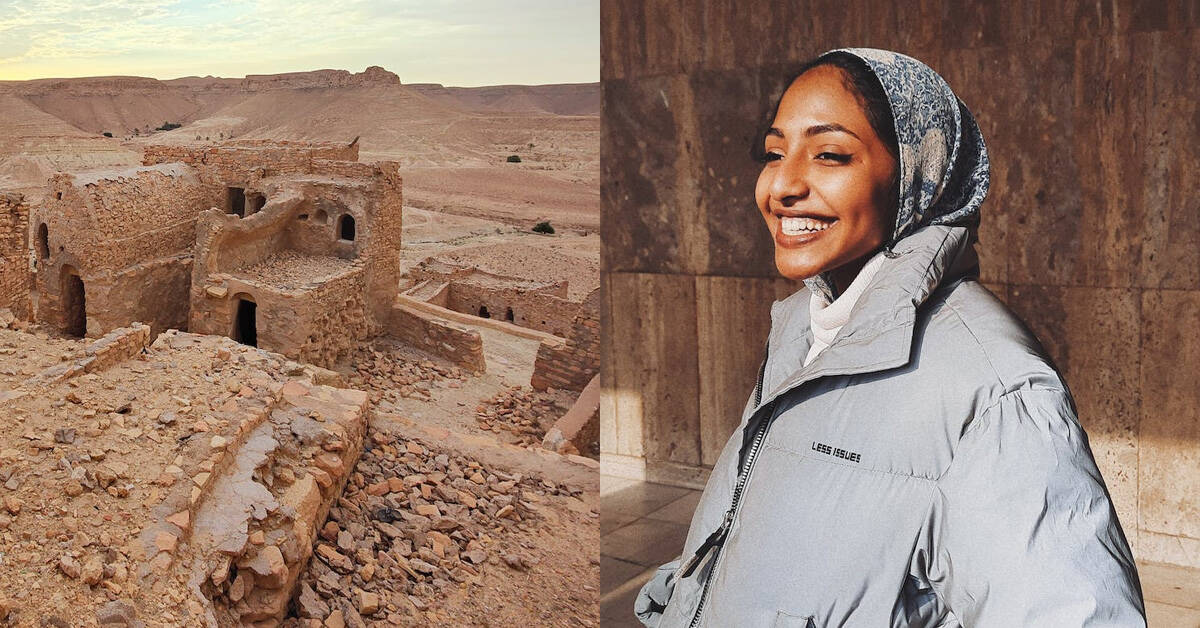Tunisia is a North African country that is known for its rich history, diverse culture, and stunning landscapes. As a predominantly Muslim country, Tunisia offers a unique travel experience for Muslim travellers seeking to explore Islamic heritage and traditions.
From the ancient ruins of Carthage to the bustling markets of Tunis, Tunisia is a destination that offers a blend of modernity and tradition. With its beautiful beaches, delicious cuisine, and warm hospitality, Tunisia is a must-visit destination for Muslim travellers looking to immerse themselves in the Islamic culture and history of North Africa.
Is Tunisia Muslim friendly?
Is Tunisia Muslim friendly?
Yes, Tunisia is Muslim friendly, as the majority of its population is Muslim.
Tunisia has many mosques, Islamic cultural sites, and halal food options. However, it is important to note that Tunisia is a secular country, and there is a degree of religious tolerance and diversity.
While Muslim visitors will find many aspects of Tunisia accommodating to their faith, they may also encounter some cultural differences and practices that are not in line with Islamic values.
Does Tunisia have halal food?
Yes, Tunisia has halal food. The majority of the population in Tunisia is Muslim, and halal food is widely available in restaurants, supermarkets, and food markets.
Tunisian cuisine includes many halal dishes, such as couscous, brik, and merguez sausage. However, it is always advisable to check with the restaurant or food vendor to ensure that the food is halal.
What is the largest mosque in Tunisia?
The largest mosque in Tunisia is the Al-Zaytuna Mosque, also known as the Great Mosque of Tunis.
It is located in the old city of Tunis, called the Medina.
Is Tunisia safe for Muslim?
Tunisia is a predominantly Muslim country, and it is generally safe for Muslims to visit or live in. The country has a history of religious tolerance and coexistence, and the government promotes a moderate form of Islam.
However, like any country, there may be isolated incidents of violence or discrimination, and it is always important to exercise caution and be aware of your surroundings.
Are there many Muslims in Tunisia?
Yes, Tunisia is a predominantly Muslim country with over 99% of the population identifying as Muslim.
Is Tunisia a good place to live in for Muslims?
Tunisia is a predominantly Muslim country, and the majority of its population practices Islam.
The country has a rich Islamic heritage and culture, and there are many mosques and religious institutions throughout the country.
Therefore, it can be considered a good place to live in for Muslims.
As a Muslim, what should I prepare before travelling to Tunisia?
Here are some general tips for Muslim travellers to Tunisia:
- Dress modestly: Tunisia is a Muslim country, and it is important to respect local customs and traditions. Dress modestly, covering your shoulders and knees, especially when visiting mosques or other religious sites.
- Learn some Arabic phrases: While many Tunisians speak French or English, it is always appreciated when visitors make an effort to speak the local language. Learn some basic Arabic phrases to help you communicate with locals.
- Research prayer times: As a Muslim, it is important to pray five times a day. Research the prayer times in the area you will be visiting and plan your schedule accordingly.
- Be aware of Ramadan: If you are traveling to Tunisia during Ramadan, be aware that many restaurants and shops may be closed during the day. It is also important to be respectful of those who are fasting during this time.
- Carry a prayer mat: If you plan on praying in public areas, it is a good idea to carry a prayer mat with you.
- Be respectful of local customs: Tunisians are generally welcoming and hospitable, but it is important to be respectful of local customs and traditions. Avoid public displays of affection, and be mindful of your behavior in public places.
- Carry your ID: Tunisian authorities may ask for identification, so it is important to carry your passport or other identification with you at all times.

